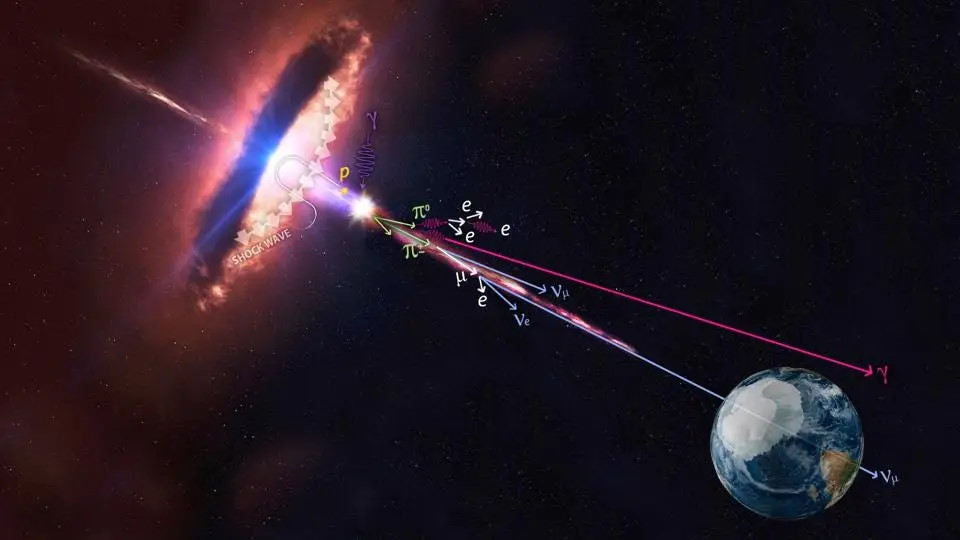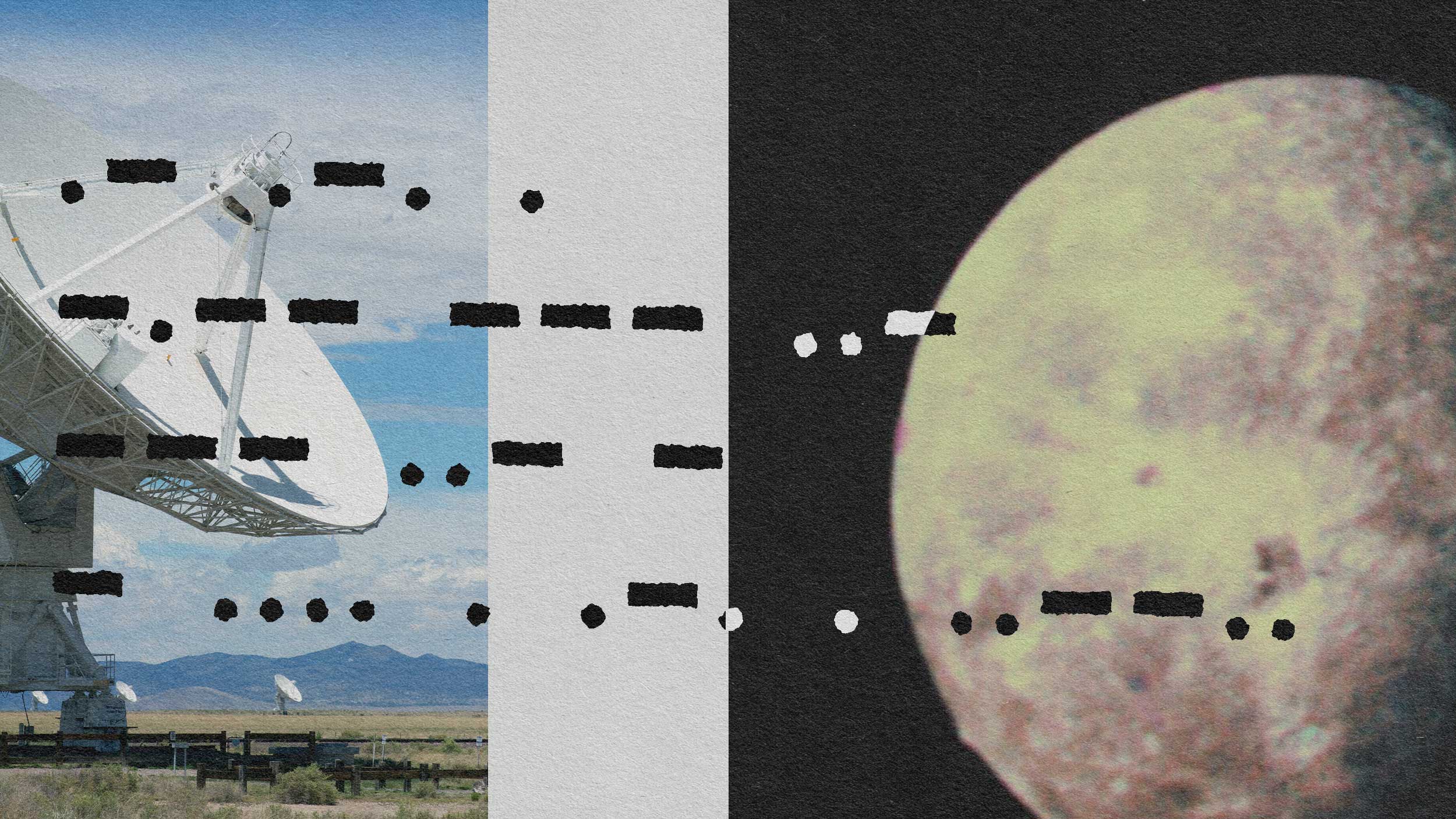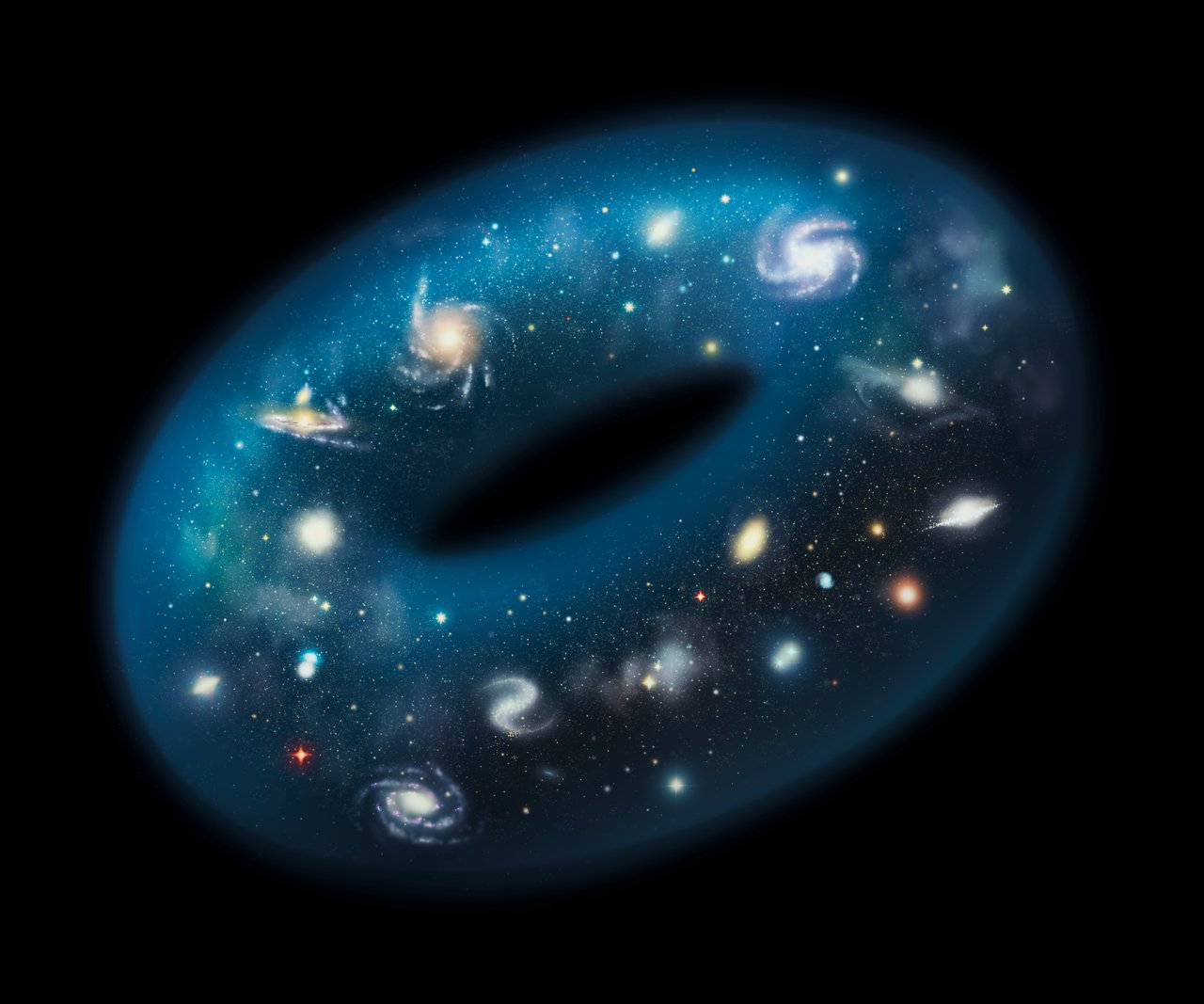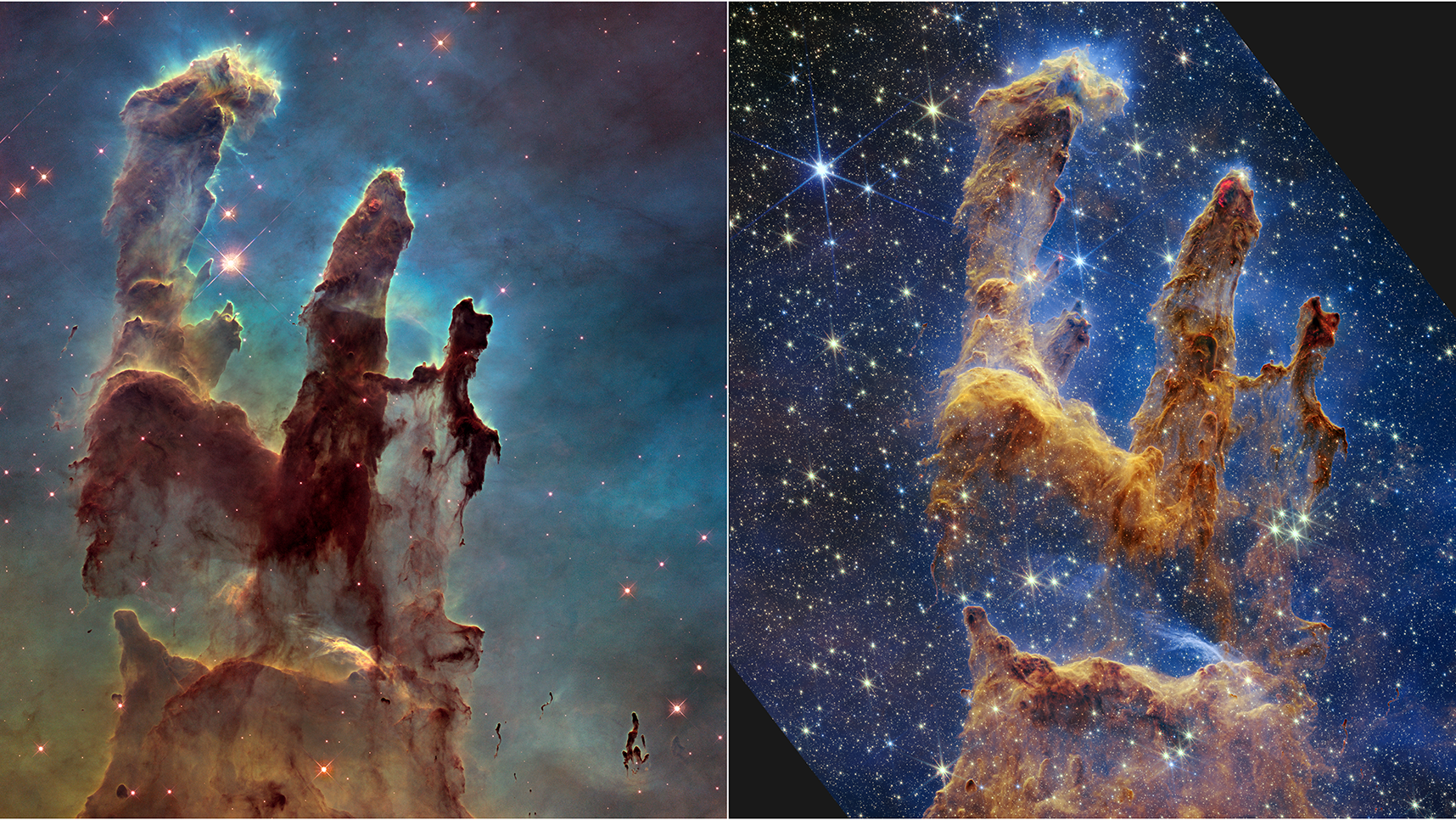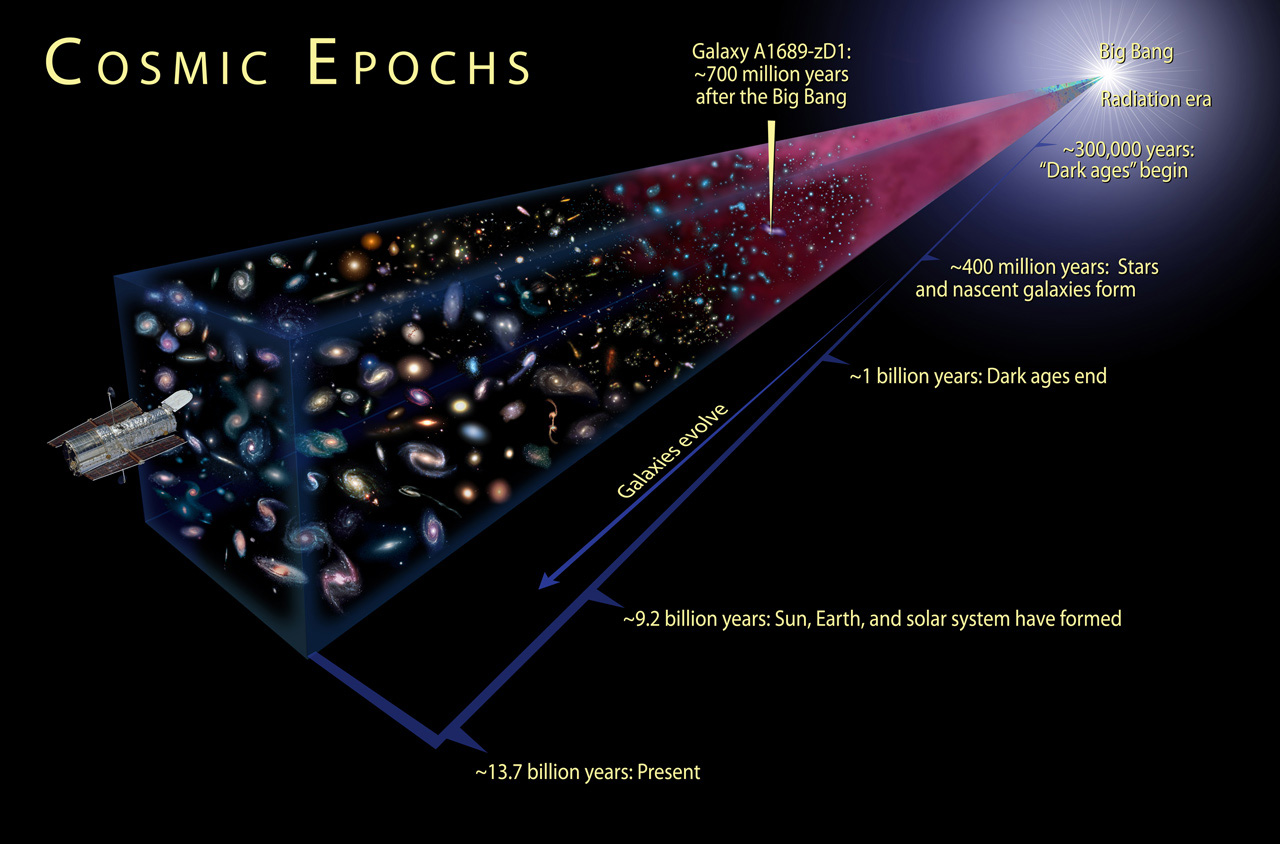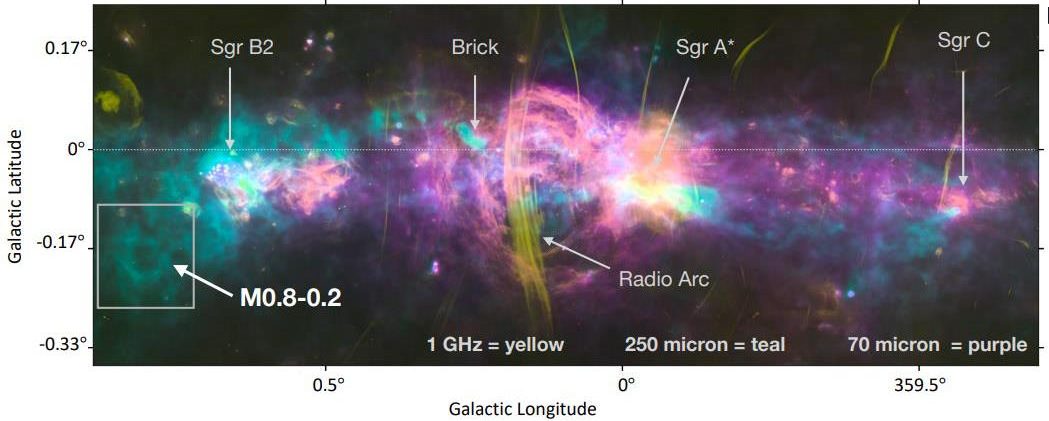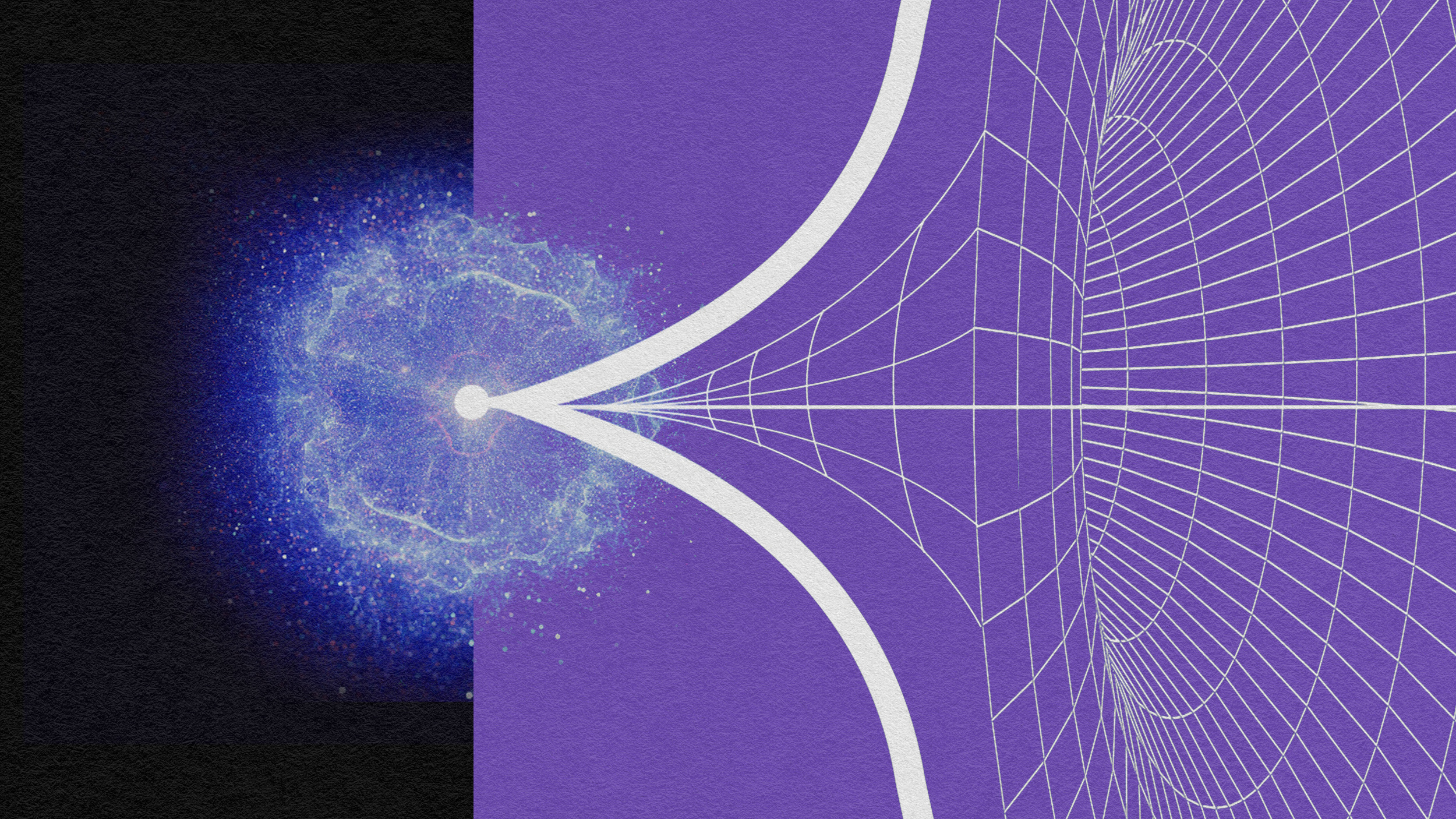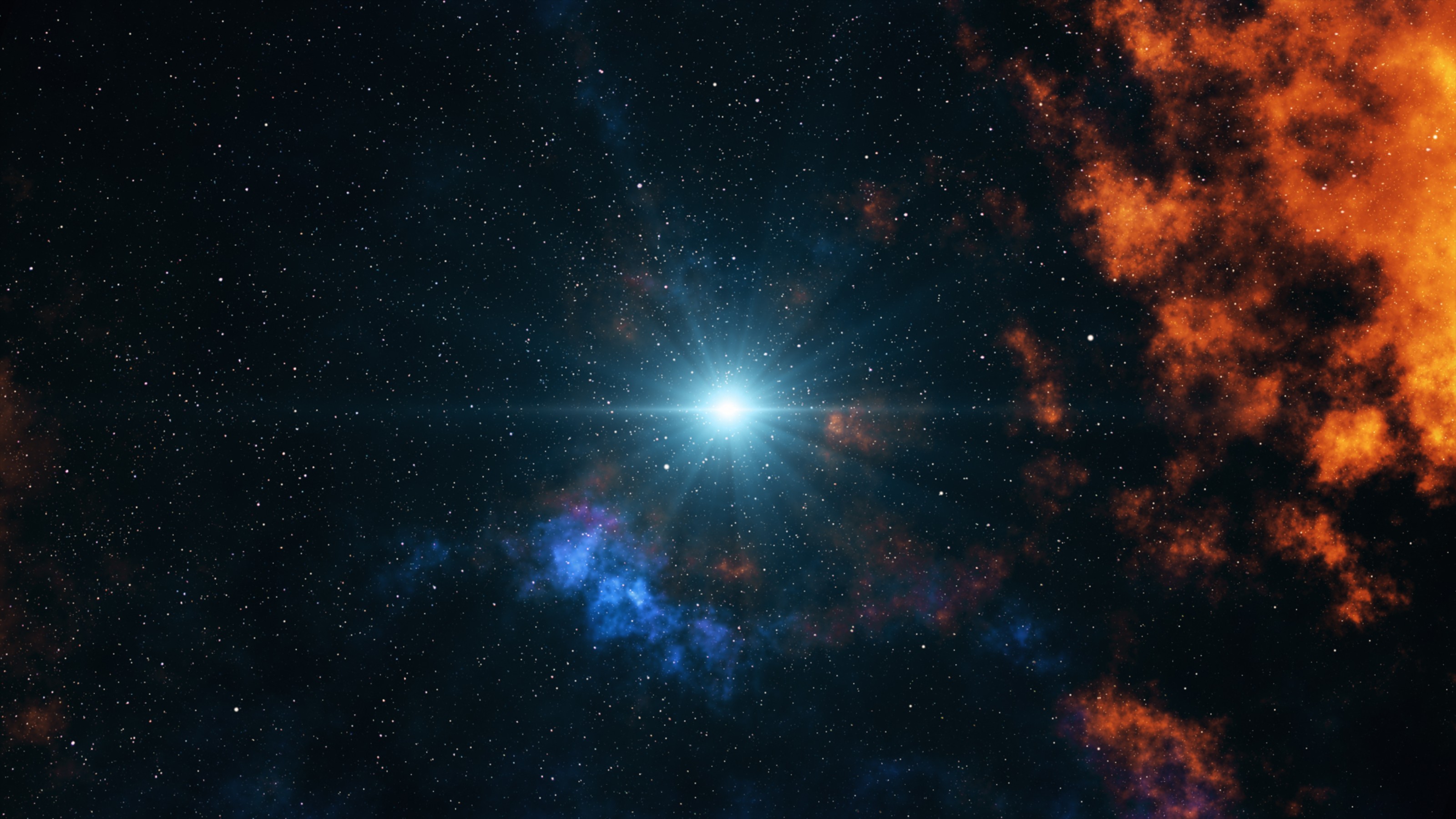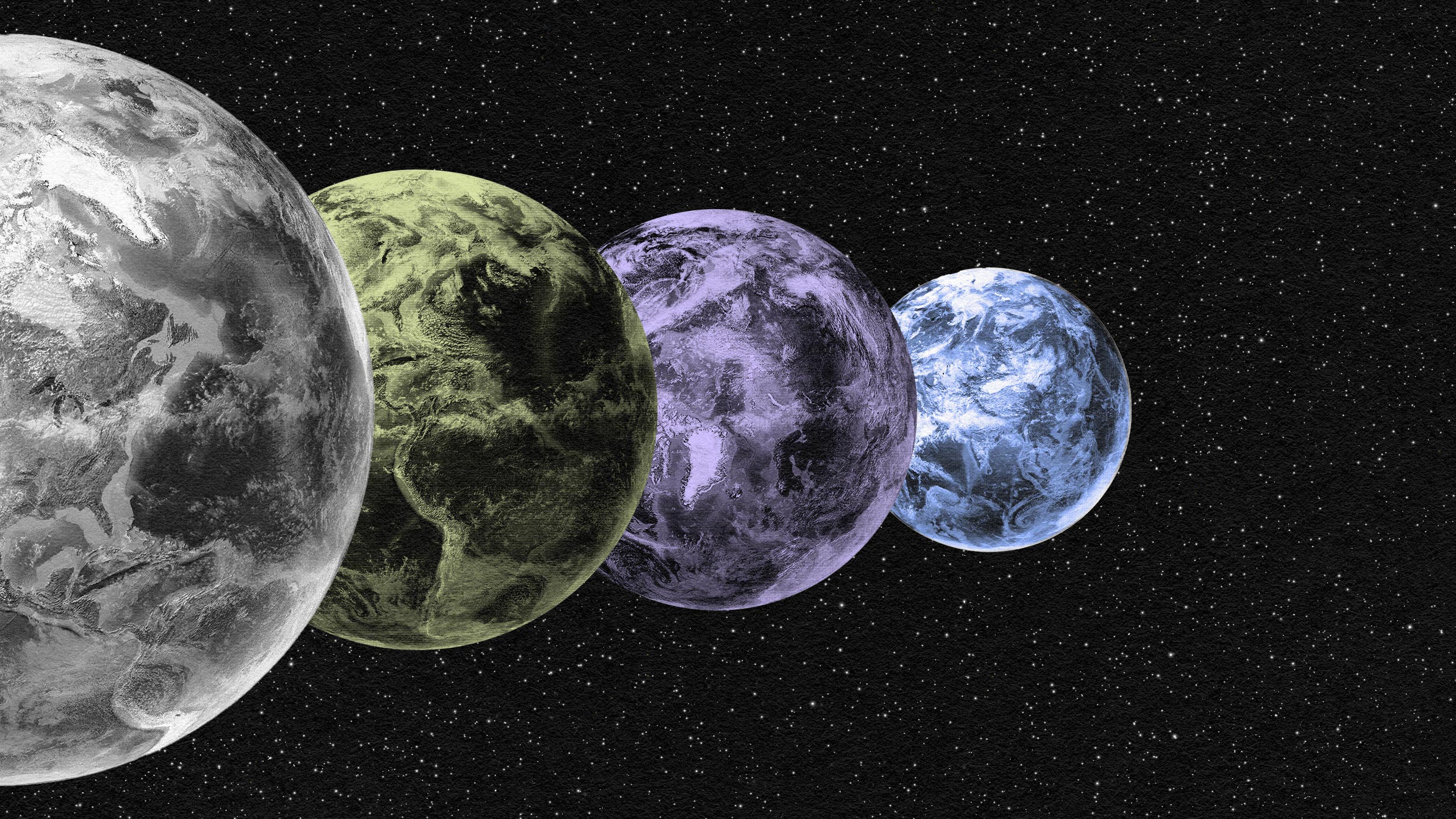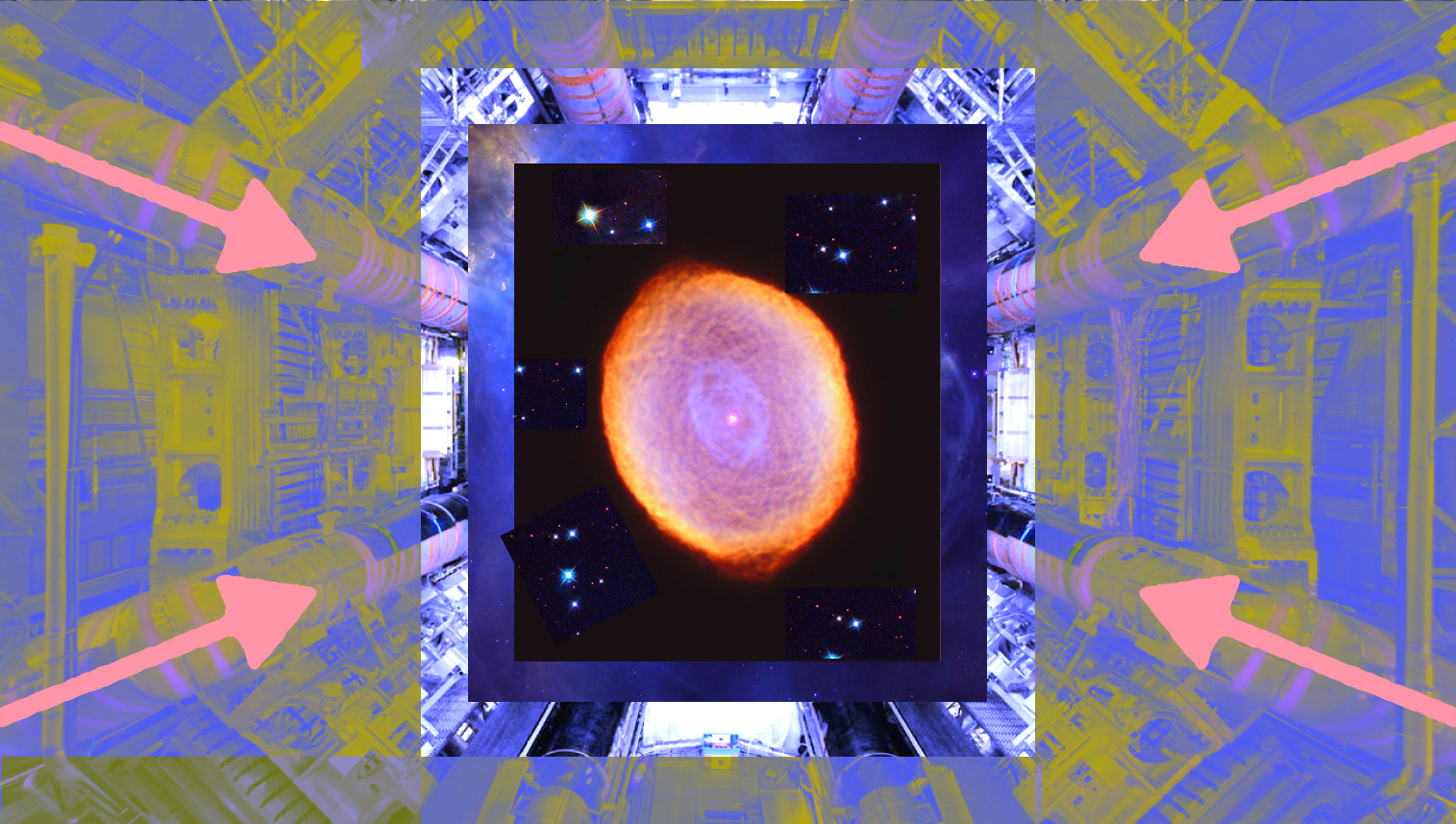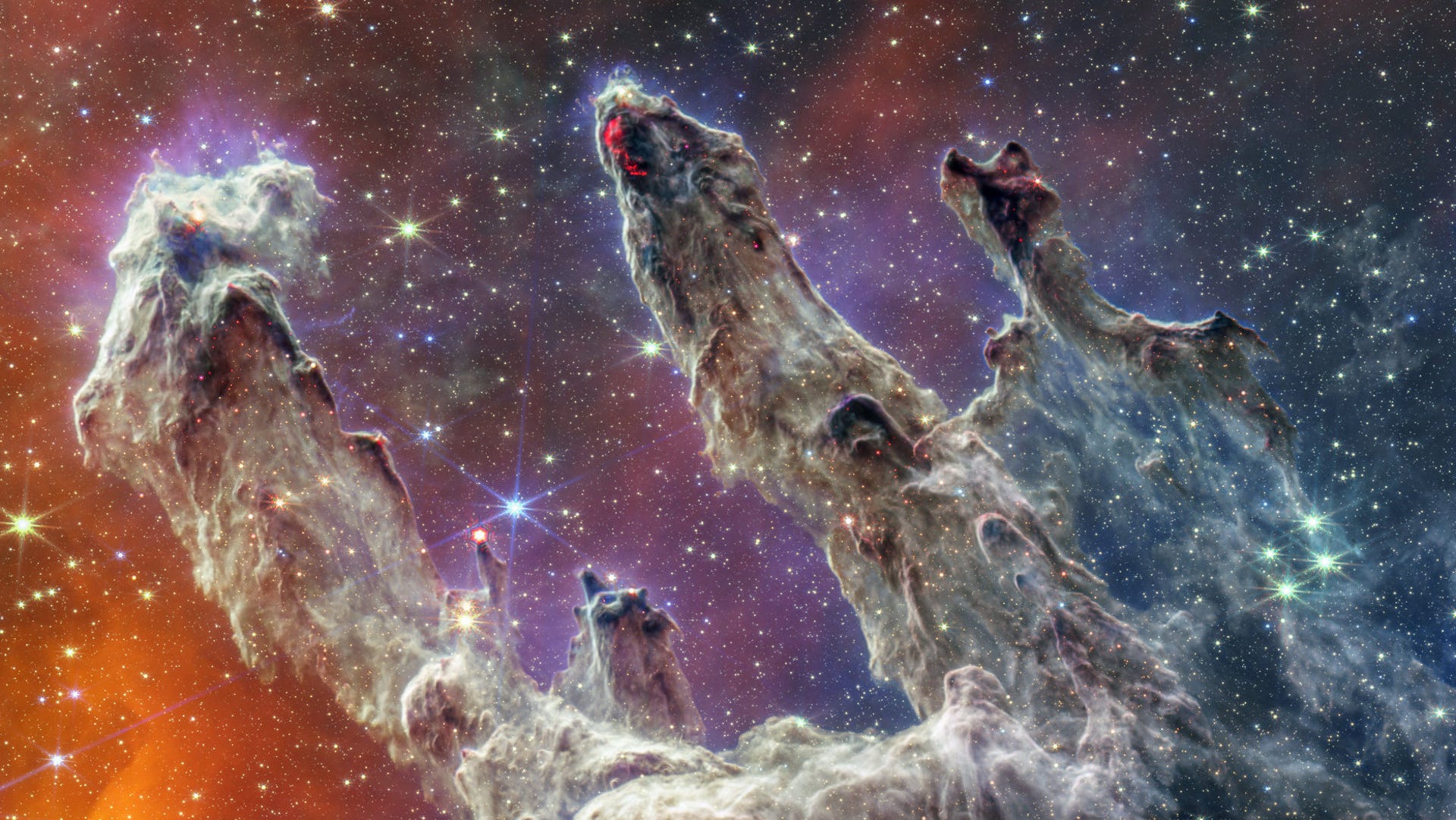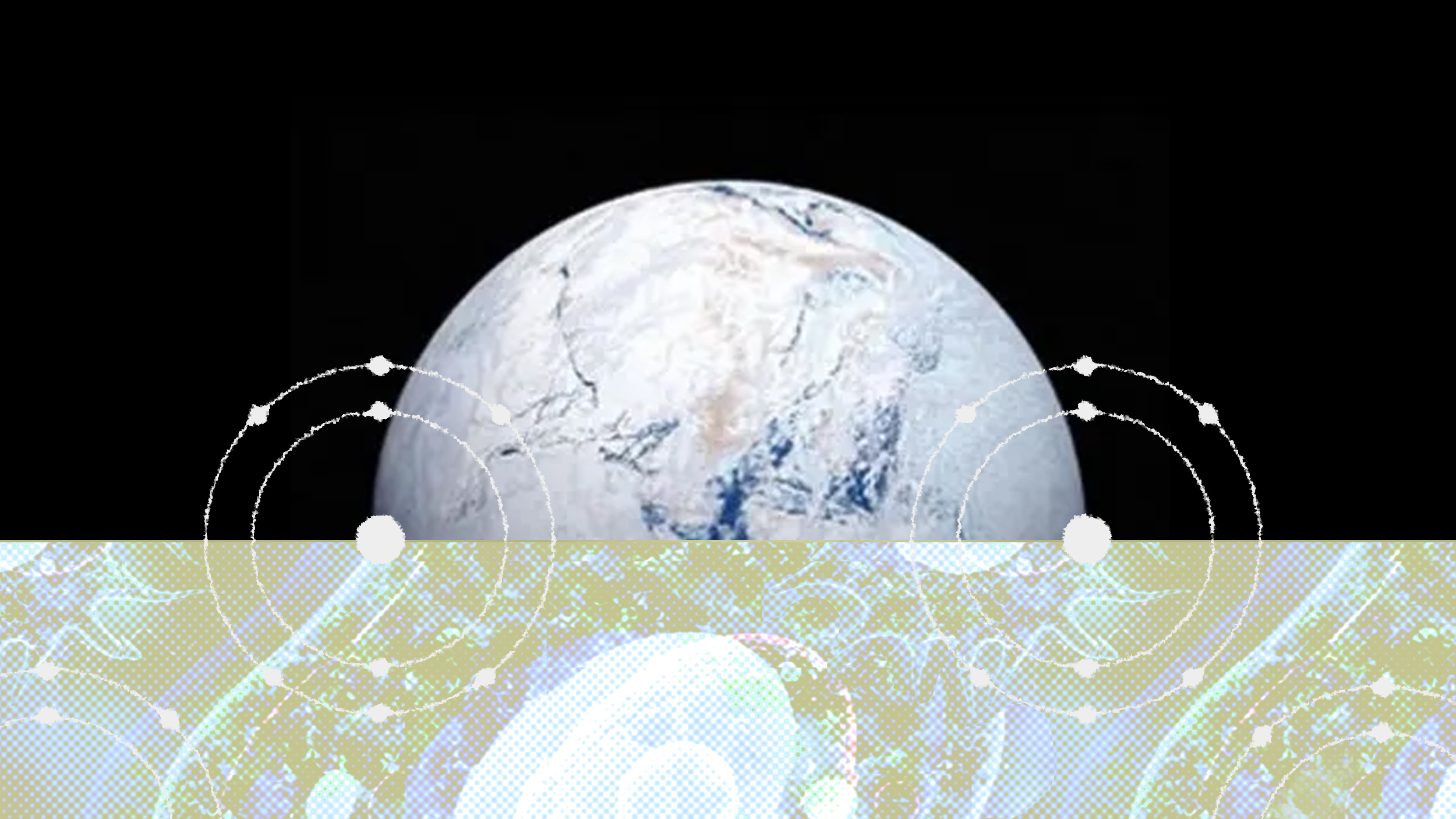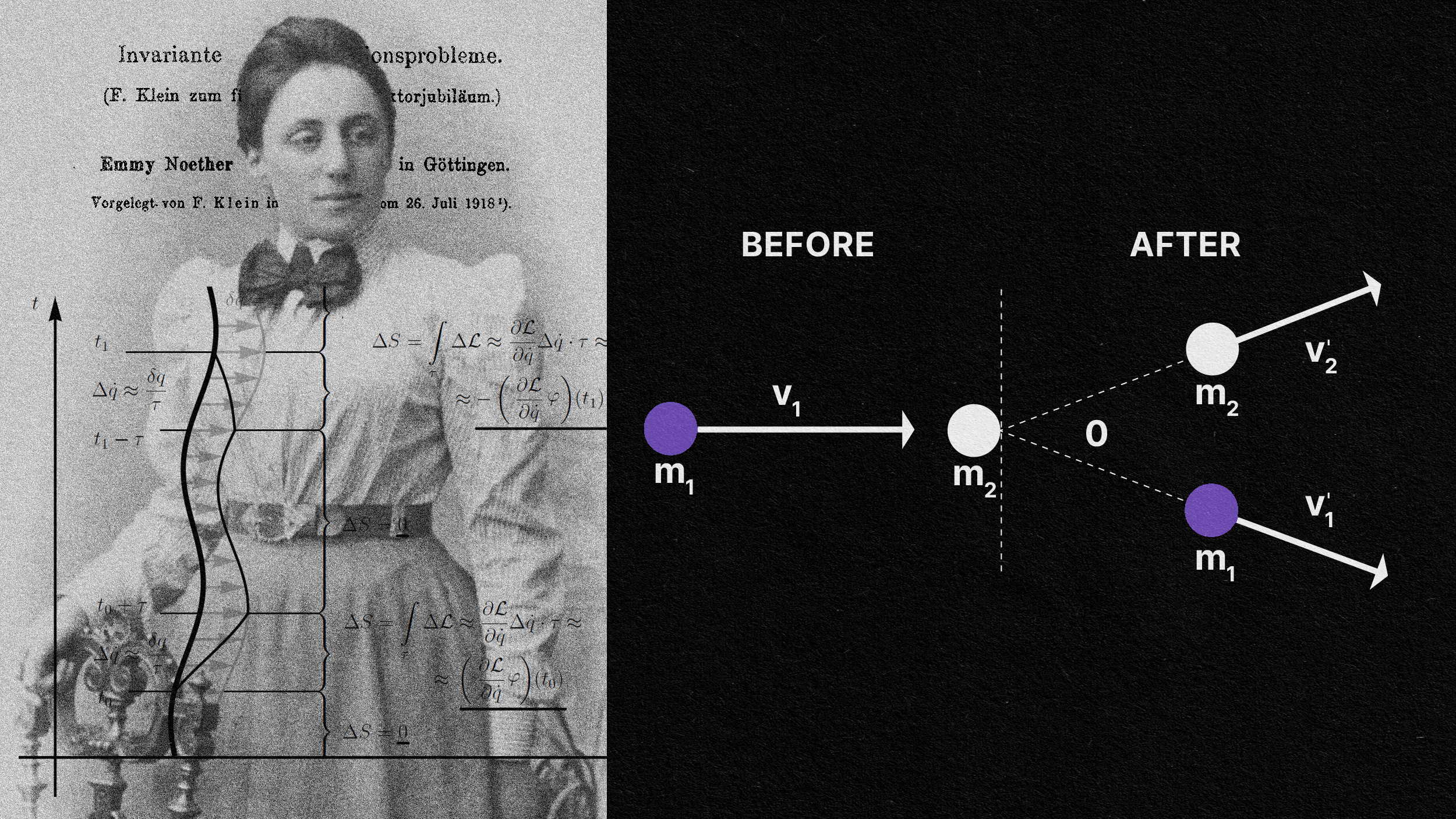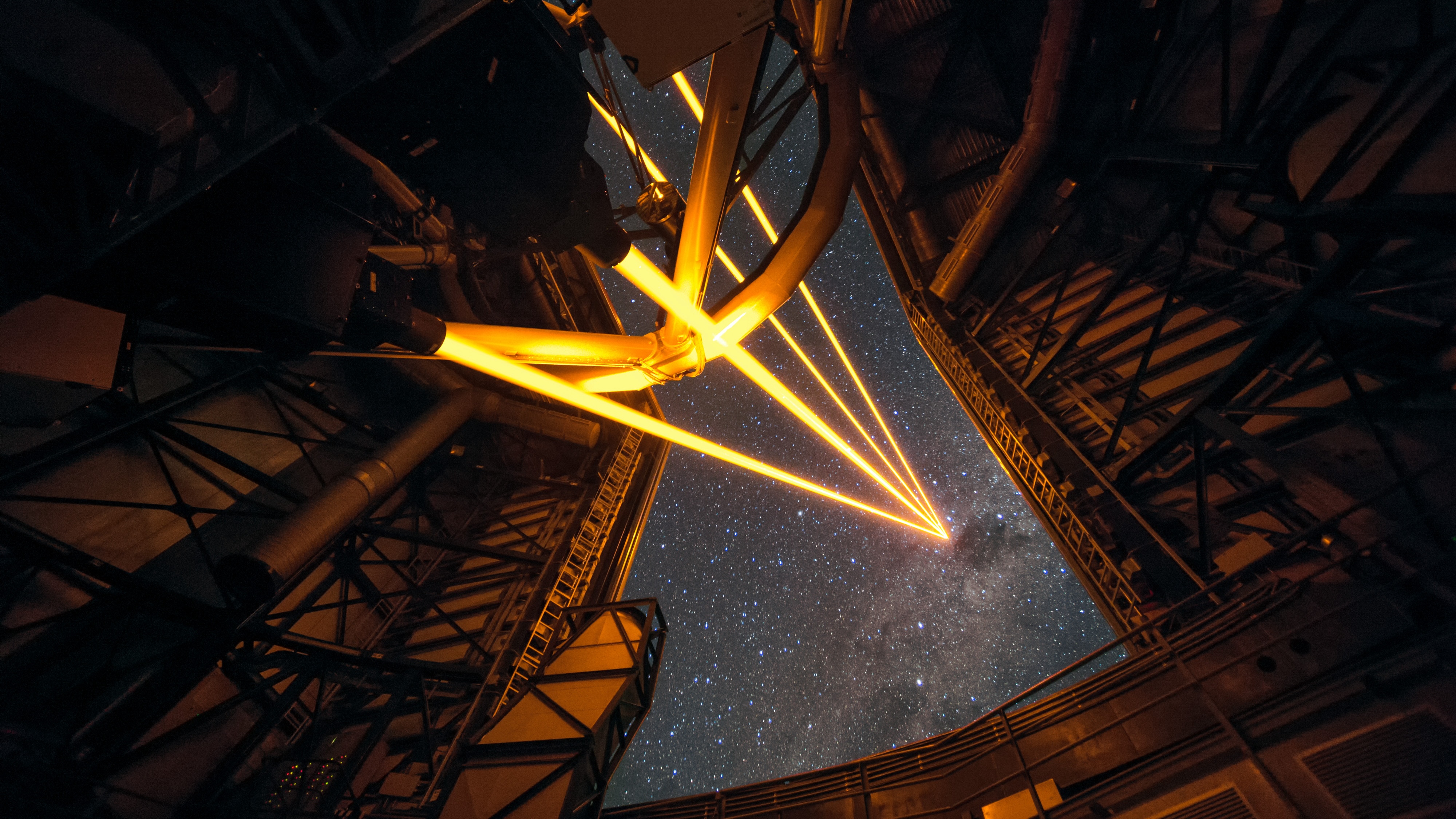Space & Astrophysics
Astranis is on a mission to help everyone in the world get online.
In the 20th century, many options abounded as to our cosmic origins. Today, only the Big Bang survives, thanks to this critical evidence.
“I hope we take a mindset where we are willing to look for weird life in weird places.”
For some reason, when we talk about the age of stars, galaxies, and the Universe, we use “years” to measure time. Can we do better?
The JWST’s observations of well-developed galaxies early in universal history may coincide with accepted astronomical theory after all.
The most common element in the Universe, vital for forming new stars, is hydrogen. But there’s a finite amount of it; what if we run out?
Life arose on Earth very early on. After a few billion years, here we are: intelligent and technologically advanced. Where’s everyone else?
Total eclipses are a product of a strange and almost eerie cosmic coincidence — one that makes Earth an even rarer world in the galaxy and, by proxy, in the Universe.
Our Universe requires dark matter in order to make sense of things, astrophysically. Could massive photons do the trick?
Explore how the study of exoplanets is transforming our understanding of ocean formation.
The Universe is expanding, and the Hubble constant tells us how fast. But how can it be a constant if the expansion is accelerating?
Here’s what recent DESI measurements suggest — and why it’s too early to update conventional predictions about the Universe’s distant future.
In all the Universe, only a few particles are eternally stable. The photon, the quantum of light, has an infinite lifetime. Or does it?
Yes, the Universe is expanding, but if you’ve ever wondered, “How fast is it expanding,” the answer isn’t in terms of a speed at all.
Since 1962, humanity has been sending messages into space with the intent to make contact with intelligent extraterrestrials. Are those efforts worth the risks?
Is the Universe finite or infinite? Does it go on forever or loop back on itself? Here’s what would happen if you traveled forever.
There are so many problems, all across planet Earth, that harm and threaten humanity. Why invest in researching the Universe?
Aliens are often portrayed in popular culture as humanoid. But in reality, intelligent extraterrestrials might take far stranger forms.
Forensics has reached the final frontier, and could be used to solve future space accidents—or crimes.
The Universe is 13.8 billion years old, going back to the hot Big Bang. But was that truly the beginning, and is that truly its age?
The center of the galaxy doesn’t just host stars and a black hole, but an enormous set of rich gassy and dusty features. Find out more!
The “first cause” problem may forever remain unsolved, as it doesn’t fit with the way we do science.
Well-preserved ancient plants and other finds at the Clarkia fossil beds hint at what kind of evidence any Martian life may have left behind.
From before the Big Bang to Voyager 1, particle physicist Harry Cliff takes us on a whiz-bang tour of the Universe’s evolution.
Some physicists are besot with the multiverse, but if we can’t detect these other universes, how seriously should we take them?
In the infant Universe, particle physics reigned supreme.
A deep dive into the chaotic journey of star formation.
Known as the Great Oxygenation Event, Earth froze over as oxygen accumulated in our atmosphere, nearly driving all life extinct.
First derived by Emmy Noether, for every symmetry a theory possesses, there’s an associated conserved quantity. Here’s the profound link.
Lasers, mirrors, and computational advances can all work together to push ground-based astronomy past the limits of our atmosphere.








